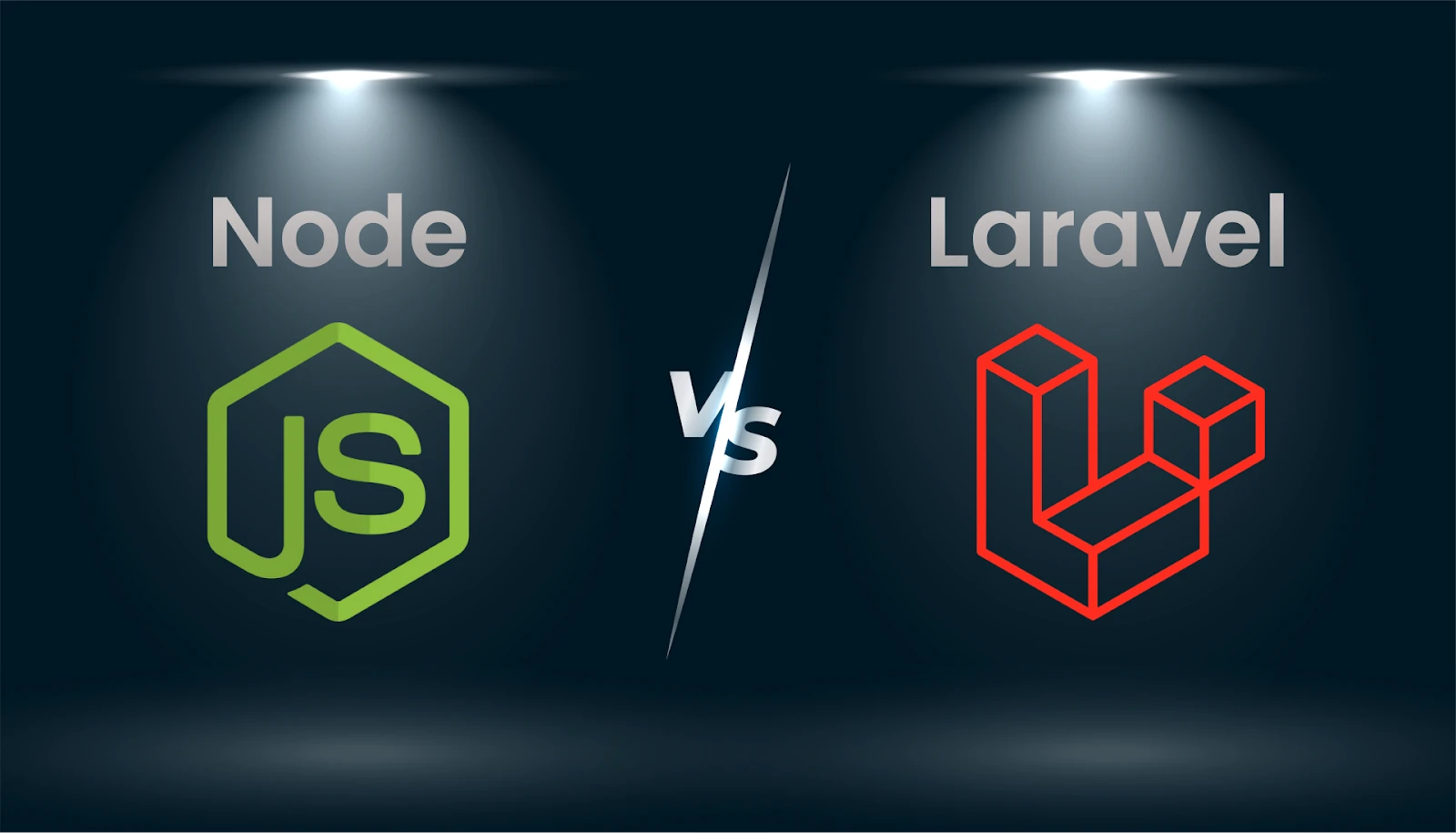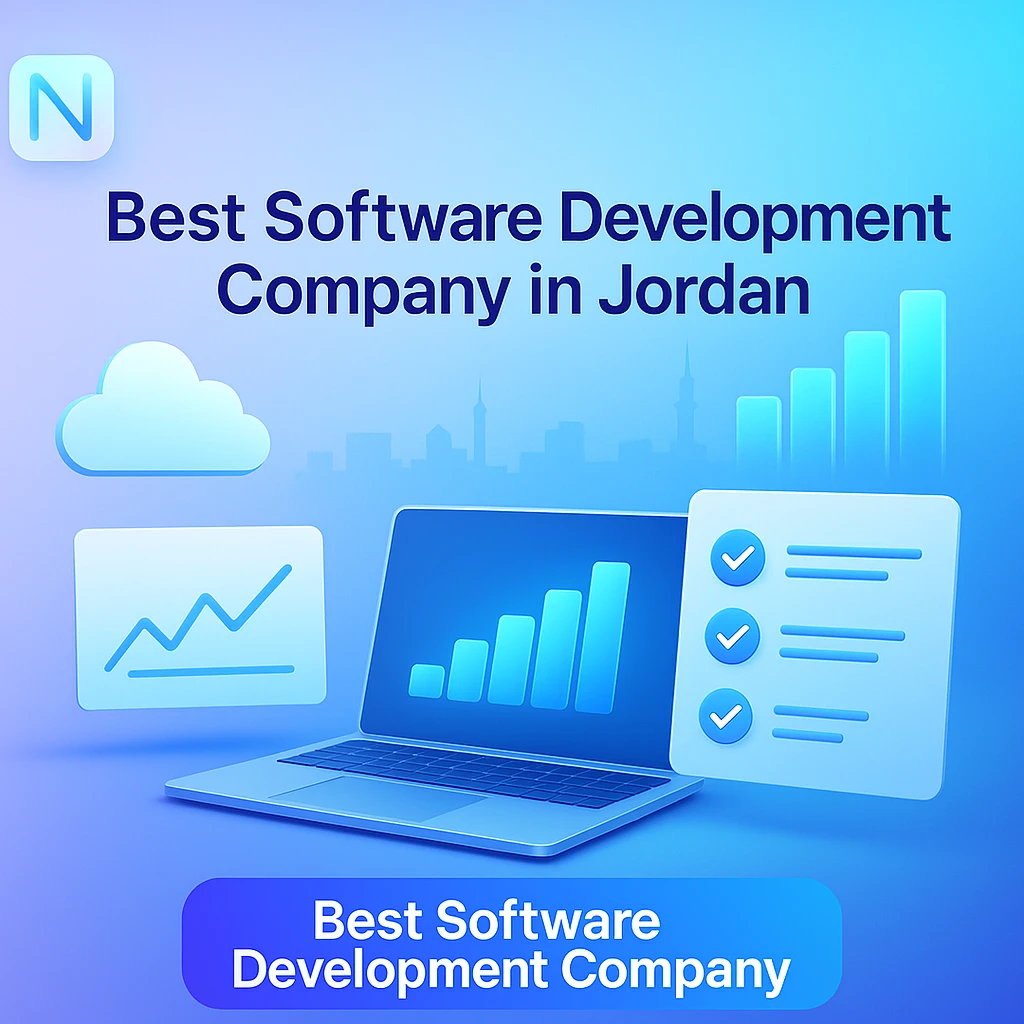Laravel vs Node.js: Which Backend Framework Is Right for You? with NeionTech's innovative technology solutions. We specialize in delivering modern software development, custom applications, and cutting-edge digital experiences that transform your business.
Choosing the right backend framework is a critical decision that can influence the performance, scalability, and maintainability of your web application. Laravel and Node.js are two of the most popular backend technologies in the development world — but each has its own strengths depending on the project scope and team skillset. In this blog, we compare both technologies to help you make the right choice for your business or software product.
-
Performance & Speed:
Node.js is built on Google’s V8 engine and excels in handling asynchronous operations and real-time apps. Laravel, built on PHP, offers solid performance for traditional request-response web applications. -
Development Speed:
Laravel provides elegant syntax, built-in tools like authentication, and a rich ecosystem that speeds up development. Node.js gives more flexibility but may require more setup for basic tasks. -
Scalability:
Node.js is non-blocking and event-driven, making it ideal for building scalable, high-performance APIs and microservices. Laravel can scale well, especially with tools like Laravel Octane, but may require more server resources. -
Community & Ecosystem:
Laravel has a strong and well-organized PHP community, perfect for rapid web development. Node.js has a larger general ecosystem thanks to npm, supporting everything from CLI tools to advanced cloud-native apps. -
Use Cases:
Use Laravel for traditional web apps, admin dashboards, and CMS-driven websites.
Use Node.js for chat apps, real-time systems, streaming services, and modern API backends. -
Hosting & Deployment:
Laravel apps often rely on shared/VPS hosting or services like Forge. Node.js apps perform best on containerized environments or cloud platforms like Heroku, AWS, and DigitalOcean. -
Learning Curve:
Laravel is beginner-friendly for PHP developers with structured documentation. Node.js offers flexibility but can be overwhelming due to its unopinionated nature.
Choosing between Laravel and Node.js depends on your project requirements, performance needs, team experience, and future scalability plans.





Comments: